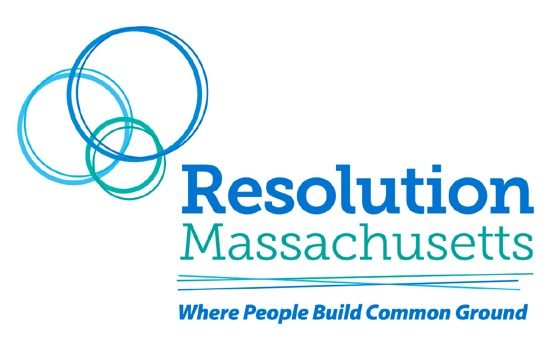Massachusetts Office of Public Collaboration
MOPC’s public mandate as the statutory State Office of Dispute Resolution is to assist state and local government with development and implementation of evidence-based dispute resolution policies and programming and to provide effective forums for collaborative problem-solving and community engagement on contentious public issues.
Contact:
Telephone: (617) 287-4040
Email: mopc@umb.edu
Website: umb.edu/MOPC
Executive Director: Susan Jeghelian
Associate Director of Research: Madhawa Palihapitiya
Community Mediation Center Grant Program Manager: Rosalind Cresswell
Address:
University of Massachusetts, Boston
100 Morrissey Boulevard
Boston, MA 02125
Get directions
MOPC Serves Communities Statewide Through the Following Programs:
MA Agricultural Mediation Program (MAMP) – USDA funded
MA Community Mediation Center Grant Program (CMC-GP) – State funded
MA Parent Mediation Program (PMP) child access & visitation – HHS funded through DOR
MA Housing Appeals Committee Program (HAC-MP) 40B cases – DHCD/MHP funded
Prisoner Reentry Mediation Pilot (ReMAp) – pre-release mediation/MD model (with DOC)
Youth Conflict Resolution Program – State funded
Probate & Family Court – DOR Onsite Mediation Program – parenting issues – Court funded
MOPC Services Offered:
Program Development and Administration
Capacity-Building and Training
Conflict Assessment
Consensus-Building
Deliberative Dialogue
Public Dispute Resolution & Mediation
Dispute Systems Design
Evaluation and Research
Example of our Services:
MOPC was engaged by a town to design and run a civil discourse initiative with the purpose of facilitating community dialogue and gathering community input on how the town could address the issue of incivility and create a more inclusive community. Although launched in response to the uncivil environment online, the initiative purposely remained broader. To get a better sense of the issues at hand, MOPC conducted a series of interviews and distributed a community-wide survey. The input gathered was used to develop a deliberative dialogue framework for the community to discuss how to create a more inclusive and engaged town.


